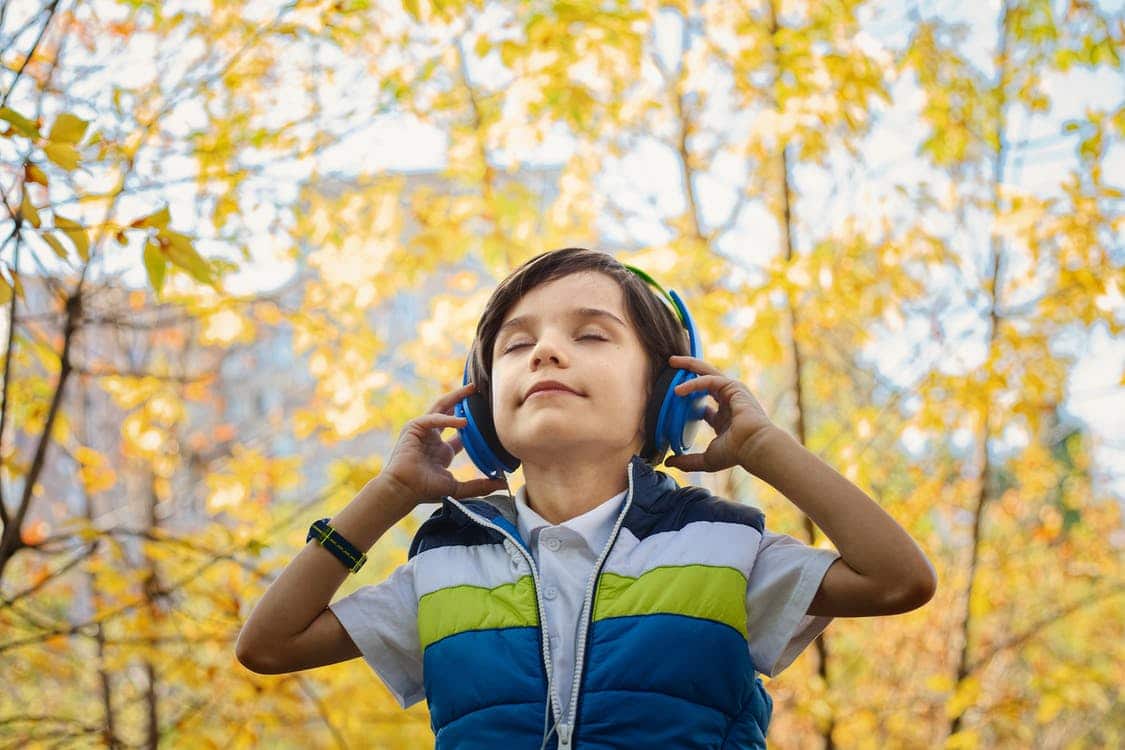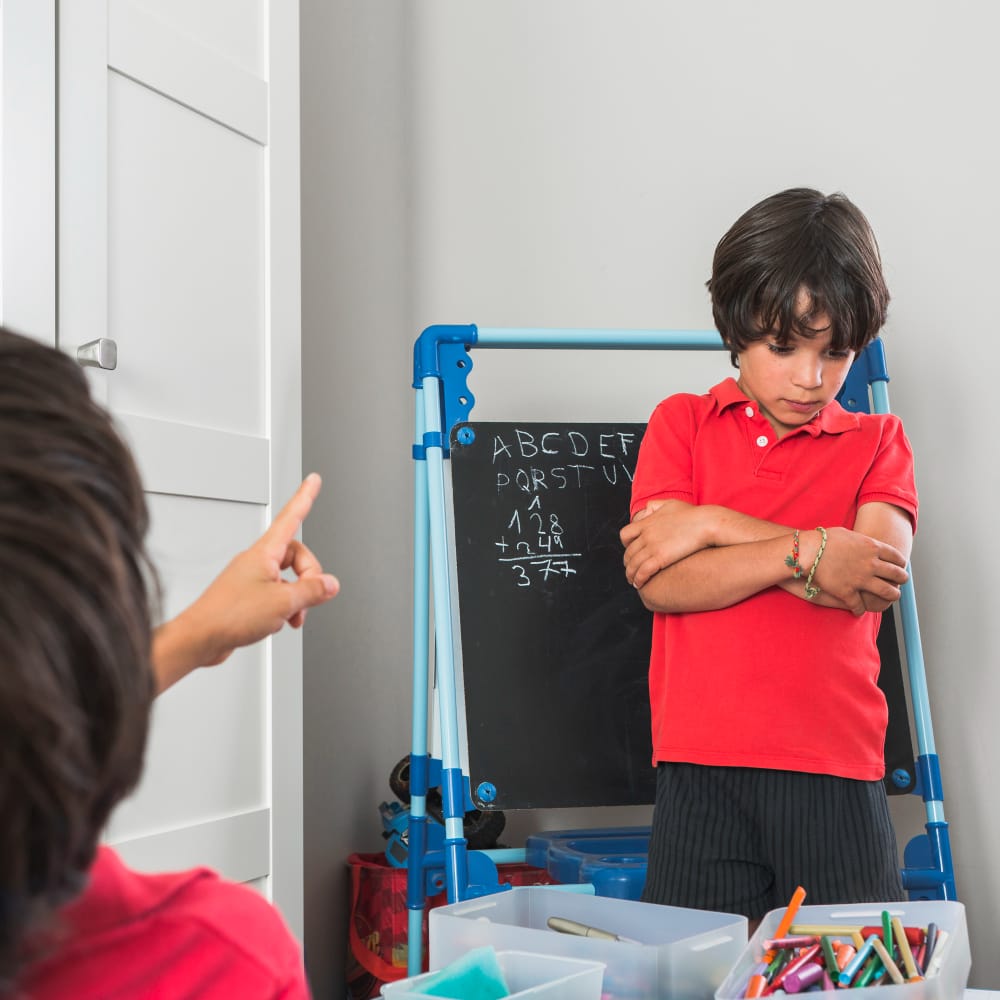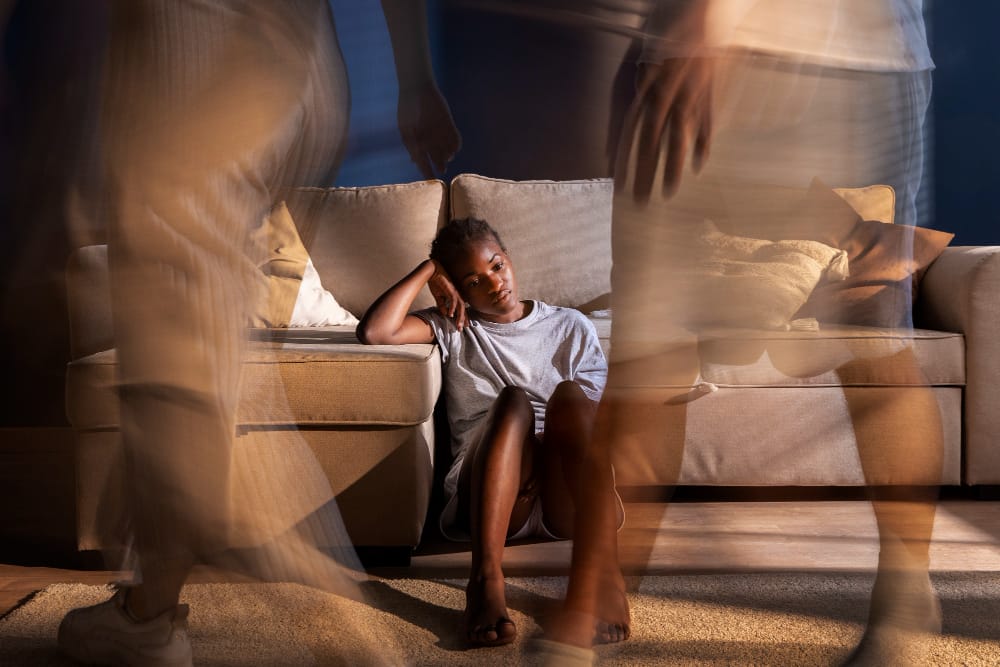Sensory processing is necessary for understanding and producing language. This usually starts from a very early age, as children hear and respond to auditory cues. The processing of sounds refers to auditory processing.
Let’s take an in-depth look at exactly how this works and complications that can hinder the development of auditory skills.
What is auditory processing?
Auditory processing involves the brain identifying incoming sounds through the auditory system, making an analysis of the sounds, and giving meaning to them.
Some children may have a problem with the processing of sound in the brain. This is known as auditory processing disorder (APD).
APD explained
Children with APD may have good hearing and can even pass hearing tests, but typically have trouble processing certain sounds. APD is not a learning disorder or hearing loss. APD means the brain doesn’t hear sounds in the usual way. For example, you may say to your child: “The cow is standing close to the chair”, but your child may hear “The clown is sitting close to the hair”.
Unfortunately, the cause of APD isn’t always known. However, causes can include chronic ear infections or trauma to the head.
APD can influence the way your child speaks and the way they read, write, and spell. Therefore, it is important to identify the disorder as soon as possible. Some symptoms of APD include:
- Having auditory discrimination problems.
- Finding it hard to follow conversations.
- Having trouble following directions.
- Getting easily distracted by loud noises.
- Getting upset by noisy environments.
- Having writing, reading or spelling difficulties.
- Being forgetful.
What to do if your child has an APD
It is important to remember that a child’s auditory system is not fully developed until the age of 15. Therefore, children diagnosed with APD can certainly develop improved skills as the auditory system matures. However, it is essential to address any concerns as soon as possible.
If you find that your child has any of the above symptoms, have a hearing specialist (audiologist) examine your child. If diagnosed with APD, speech-language therapy and assistive listening devices may be proposed to help your child improve his or her auditory processing skills.
In your own home, there are also things you can do to help your child. These include:
- Reducing background noises.
- Having your child look at you when you’re speaking.
- Speaking at a slower pace.
- Using simple but expressive words and sentences.
- Asking your child to repeat directions back to you during a task.
If your child has APD, he or she will face many challenges. But by applying some of the tips in this article, you can help your child overcome these. Take it one day at a time and remember to celebrate the small victories.




